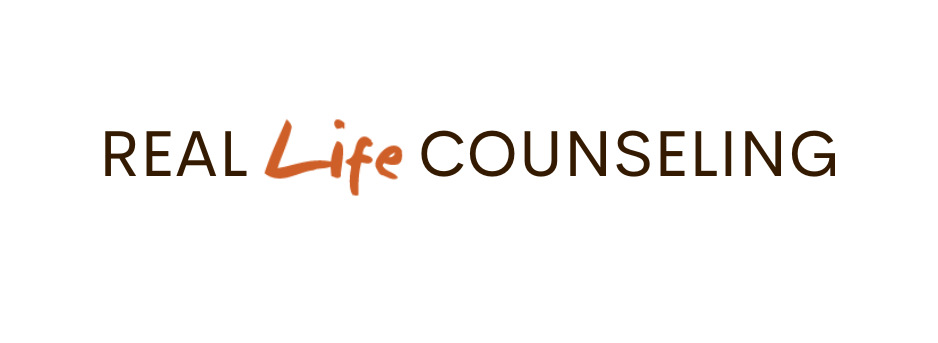One of the most oft-cited reasons people do not go to therapy is because they do not want to “sit around and talk about their feelings.” People envision themselves in therapy talking about what is going on in their lives and the therapist making them talk about “how it makes them feel.” Well, not exactly, but engaging with our emotions is an important part of therapy. Oh, and life in general.
It is no wonder people have this stance toward therapy and emotion. The downplaying and dismissal of emotion is pervasive in our culture. Emotions are seen as “weak” and people who need to talk about their emotions are “soft.” If we’re honest, though, emotions are a part of our all-day, everyday experience. Dealing with them is not really a choice. It’s a must to be a healthy person. Check out this video.
Emotions are not only necessary and inherent in our human experience; they have definite functions. Emotions help give our lives meaning. Emotions draw you to what is important, to your passions and what you want out of life. They also help “highlight” important things that happen so you know where to place your attention. Without emotions, you would not realize when you need to do something differently – literally anything you need to differently. You would not realize you need to get up and go to work because you wouldn’t care about anything.
Emotions also help connect us with others. If we do not share anything emotional with others, there is no connection, but expressing emotion is vulnerable and scary. This is where we start to downplay our emotions. We could get hurt by others. They could judge us or use what we share against us. This is why so many avoid engaging their feels and downplay the importance of even their deepest experiences.
The danger of downplaying emotion is the mental, emotional and even physical problems that result. We are not able to keep healthy mental lives if we do not engage our emotions because emotions are such a part of our inner experience. If we do not practice awareness of our emotions, express them and “organize” them somehow, our mental experience becomes jumbled and frustrating. Restricting and acting as if our emotions are not important brings about anxiety, depression and anger. We restrict emotion out of fear and this just breeds more anxiety as we stay inside ourselves, scared to venture out. I probably do not have to tell you that when we hold back our emotions, they do not go away. They just come out some other way, such as in an angry outburst. Emotions are not created or destroyed. They merely change form.
So what can we do if we are ready to engage with our feels? As stated, one of the primary functions of emotion is to help connect us with others. The best way to develop our ability to be aware of, express and use our emotions is in relationship. This means we must become vulnerable – exactly the thing we all fear and the reason we get so good at downplaying our emotions. But, connection is also the thing we want most. You can connect on a deep level in therapy and you should work on doing so in your everyday life – in your relationships with all the humans you meet. It will connect you and give your life meaning. The world of emotion can be scary, but not as scary as a life without connection.

